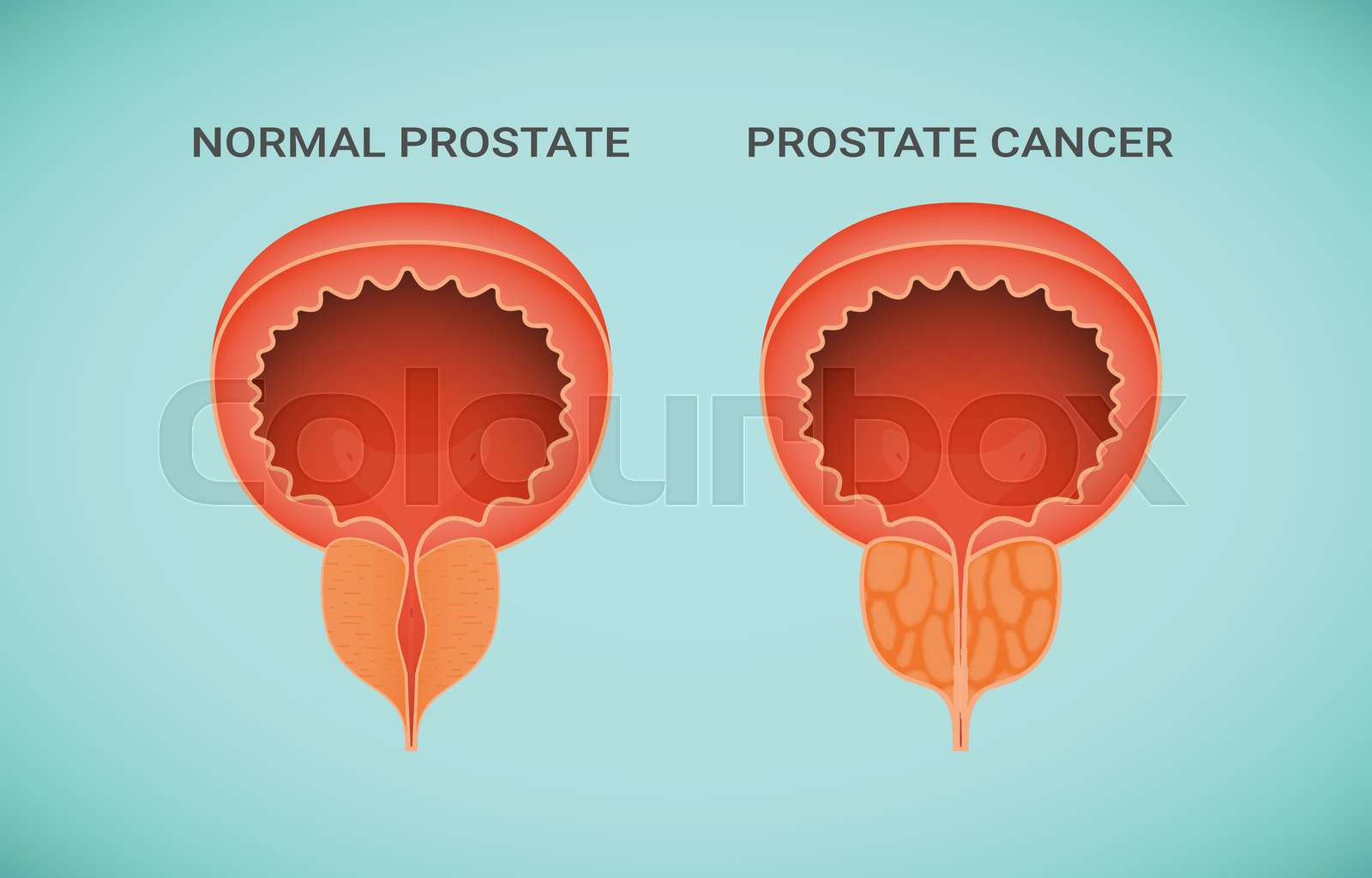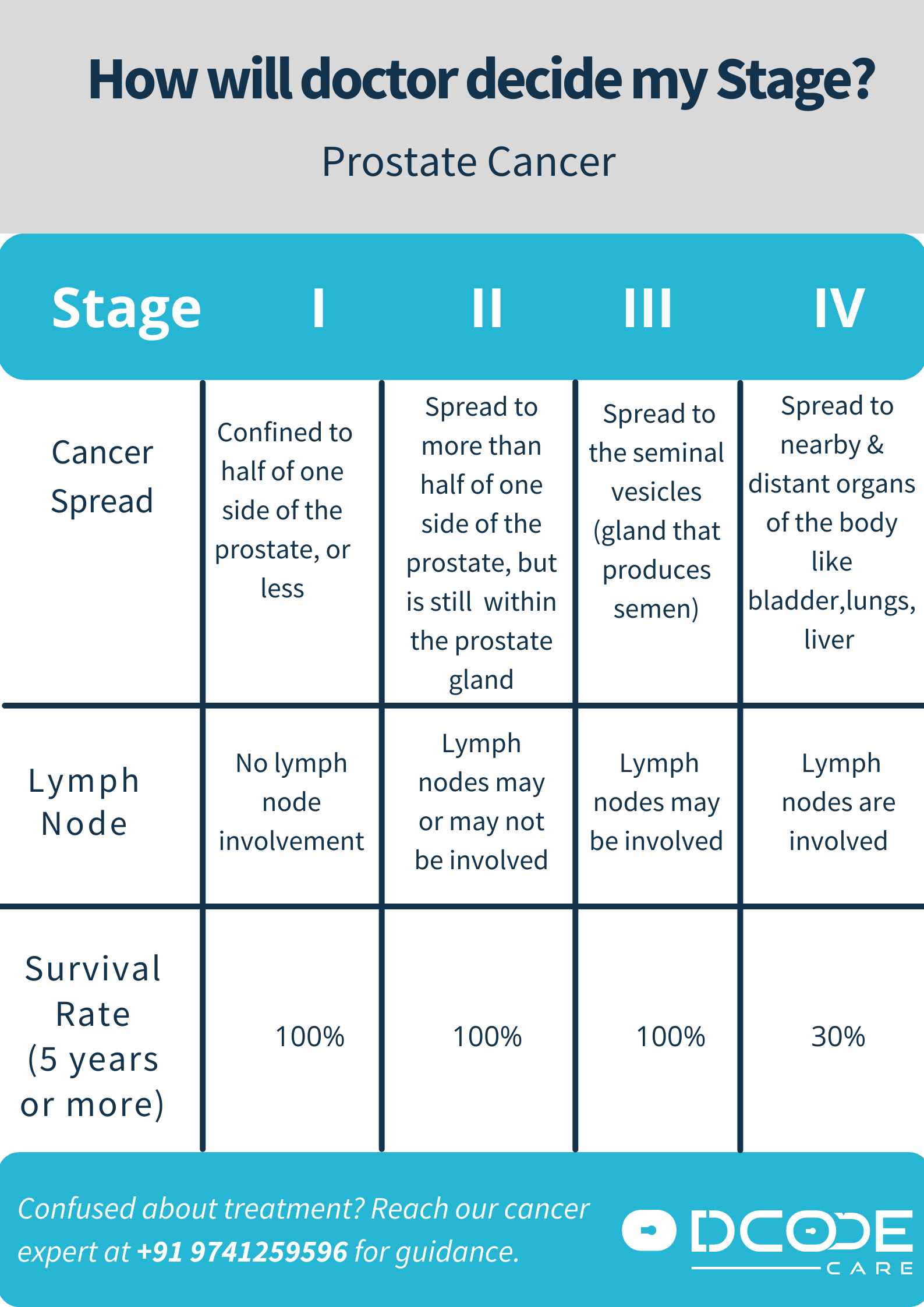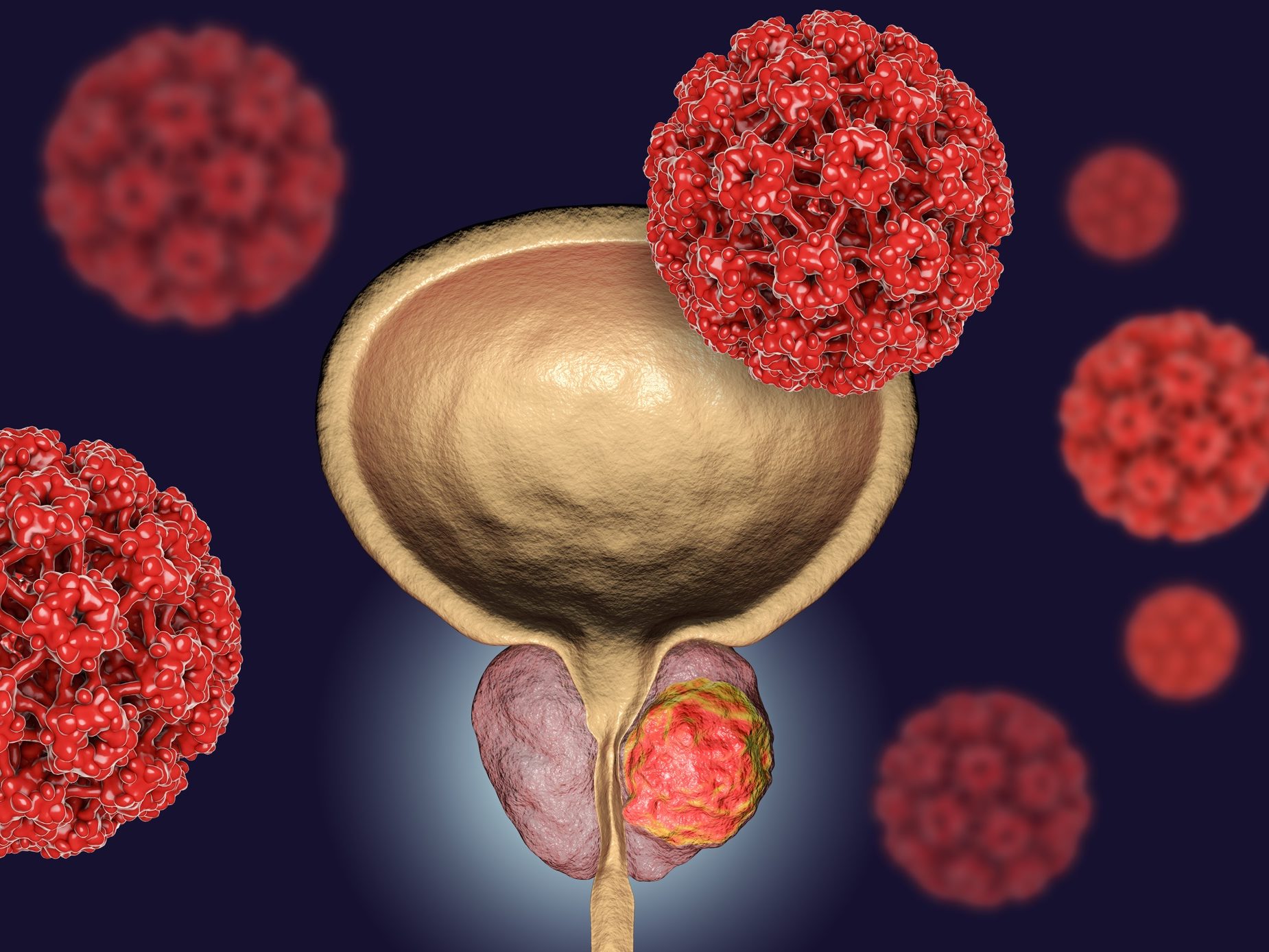Learning about your health is a really big deal, especially when it comes to things like protate cancer. This topic, you know, has been a major point of discussion in health circles, shaping conversations globally, even at big gatherings like the World Economic Forum. It's something many people are talking about, and for good reason, too it's almost.
Just like how we hear about climate change affecting health or the rise of new health concerns, understanding conditions that impact a lot of people is just a little important. This article aims to share clear, helpful information about protate cancer, drawing from what we know and what health professionals often discuss. We want to give you a good idea of what this condition is all about, and why it matters, in a way.
So, if you're looking to get a better grasp on protate cancer, from what it actually means for a man's body to how it's looked for and cared for, you've come to the right place. We'll break it down, making it easier to take in, honestly.
Table of Contents
- What is Protate Cancer? A Look at the Prostate Gland
- Who Gets Protate Cancer? Understanding Risk Factors
- Recognizing the Signs: Protate Cancer Symptoms
- Finding it Early: The Role of Screening for Protate Cancer
- Understanding the Stage: How Protate Cancer is Measured
- Treatment Paths for Protate Cancer: Options and Choices
- Living with Protate Cancer: Support and Questions
- Frequently Asked Questions About Protate Cancer
What is Protate Cancer? A Look at the Prostate Gland
The prostate is a part of the male reproductive system, you know. It's a gland, about the size of a walnut, found right at the base of the bladder. This small gland has a big job, playing a role in how the body works.
Protate cancer is a condition where cells in this prostate gland begin to grow out of control, you see. It's an uncontrolled growth of cells in that specific area. This happens when a normal prostate cell experiences changes in its genes.
Basically, cancer, in general, is when a normal cell becomes abnormal. It starts to grow without the usual signals or "brakes" that stop typical cell growth. So, protate cancer is that type of uncontrolled growth, but it happens right there in the prostate gland, you know, just below the bladder.
It’s a specific kind of cancer that starts in that particular gland. Understanding where it is and what it does is, in a way, the first step to making sense of everything else.
Who Gets Protate Cancer? Understanding Risk Factors
Any man, or person born with a prostate, can face the possibility of getting protate cancer, that's a fact. However, there are some things that can make this possibility go up. Knowing about these things can, arguably, help you think about your own situation.
One of the biggest factors is age, you know. The possibility of getting protate cancer goes up as men get older. This condition is one of the most common types of cancer among American men, especially for those over the age of 50. Many men get protate cancer if they live a long life, you know, just because of age.
It's also worth noting that most protate cancers are not a big problem because they grow slowly. This is something that can be a bit comforting to hear. But still, the risk increases with age, so that's a key thing to keep in mind, pretty much.
Beyond age, there are other things that can increase your risk, like changes in the genes of a normal prostate cell. These genetic changes are what cause the cancer to start. So, while age is a big one, there are other elements at play, too it's almost.
Recognizing the Signs: Protate Cancer Symptoms
This is a really important point: most men with early protate cancer don't have any signs or symptoms, you know. That's why it's important to know about your risk and consider other ways of finding it. It can be a bit tricky because the body doesn't always give clear warnings right away.
Warning signs of protate cancer often only show up once the cancer has spread, you see. This means that by the time a person feels something is wrong, the cancer might have moved beyond the prostate gland. This is why conversations about finding it early are so important, in a way.
Urologic oncologist Lisly Chéry, M.D., for example, shares that people should know what protate cancer symptoms to look out for, even if they appear later. These can include things like problems with urinating or pain in certain areas, though again, these usually come when the cancer is more advanced. So, it's really about being aware of your body, basically.
Finding it Early: The Role of Screening for Protate Cancer
Since early protate cancer often doesn't show signs, looking for it before it causes problems is a big part of health care. This is what we call cancer screening, you know. The main aim of screening for protate cancer is to find cancers that might be at a high possibility for spreading.
Abnormal growth of the prostate tissue is usually found through screening tests. These are typically blood tests that can point to something being different. These tests help doctors get a first look, so to speak, at what might be going on inside the body, you know, just to be sure.
The American Cancer Society, for instance, suggests that men should have a chance to make an informed choice with their health care provider about whether to be screened for protate cancer. It's a personal decision, really, and one that should involve talking things over with someone who knows a lot about health.
Screening is not a one-size-fits-all thing. It involves a conversation with your doctor about your own personal situation, your risk factors, and what makes the most sense for you. This kind of talk can help you figure out the best path forward for your health, in some respects. You can learn more about health screenings on our site, for example.
Understanding the Stage: How Protate Cancer is Measured
Once protate cancer is found, doctors need to figure out its stage. Protate cancer staging can be complex, you know. It's like trying to understand how far a story has developed. The stage helps give an idea of how the cancer might behave and what steps might be needed next, in a way.
If you have any questions about your stage, it's really important to ask someone on your cancer care team to explain it to you in a way you understand, you know. They are there to help make sense of the information. It's perfectly okay to ask them to break it down, basically.
The stage of a protate cancer can help give an idea of how it might progress. This information is a big part of deciding on the best way to care for the condition. It’s a key piece of the puzzle, so to speak, that helps guide the whole process, pretty much.
Treatment Paths for Protate Cancer: Options and Choices
When it comes to caring for protate cancer, there are different treatment options available, you know. These can include things like chemotherapy, radiation therapy, hormone therapy, surgery, and cryoablation. Each of these ways of caring for the cancer has its own approach, you see.
While each of these treatments carries side effects, they all aim to slow the growth of the cancer. It's about finding the right method to manage the condition and help the person feel better. The choice of treatment is not a simple one, in a way.
Treatment options for protate cancer are based on several things. This includes the cancer's stage, a man's life expectancy, and other personal factors. It's a very individual choice, you know, like picking the right path for your own unique situation.
Protate cancer can be tricky because it often shows up in more than one area of the prostate. This can make choosing the right treatment complicated, you see. That's why at a major protate cancer facility, for example, they look at all these details to help make the best plan.
The Food and Drug Administration (FDA) has approved various cancer drugs for protate cancer. These drugs, which have both generic and brand names, are another part of the treatment picture. They are designed to help manage the cancer's growth, you know, offering more possibilities for care.
Living with Protate Cancer: Support and Questions
Living with protate cancer, or any health condition, means having a lot of questions. It's natural to wonder about what comes next, what feelings might arise, or how to manage daily life. Having a good care team around you is really helpful for this, you know.
If you have any questions about your situation, or about any part of the journey, it's always good to ask someone on your cancer care team. They are there to provide information and support, making sure you feel as informed as possible. They can explain things in a way you understand, you know, just to help.
Staying informed about your health and having open conversations with your health care providers is a big part of managing any condition. This approach helps you feel more in control and better prepared for whatever comes your way, honestly.
Frequently Asked Questions About Protate Cancer
What is the most common age for protate cancer?
Protate cancer is most common among men over the age of 50. The possibility of getting it goes up as men get older. Many men get protate cancer if they live a long life, you know, so age is a big factor here.
Can protate cancer be cured if caught early?
Most men with early protate cancer don’t have any signs or symptoms, which makes finding it early a bit of a challenge. However, screening aims to find cancers that may be at high risk for spreading. Different treatments exist to slow the growth, and choices are based on the cancer's stage and other factors, you know. It's a complex topic that varies for each person.
What are the early signs of protate cancer?
This is a key point: most men with early protate cancer don’t have any signs or symptoms, you see. Warning signs often only show up once the cancer has spread. That’s why it’s important to know about your risk and talk to your doctor about screening, rather than waiting for symptoms.
For more information on health news and global headlines, you can read, watch, or listen to the latest from SBS News.
We encourage you to connect with your health care provider to discuss any personal health concerns. You can also find more details on cancer research and statistics on this page .



Detail Author:
- Name : Duncan Mayert Jr.
- Username : sporer.elenora
- Email : brannon43@jerde.com
- Birthdate : 1991-10-14
- Address : 74948 Armstrong Inlet Brekkebury, NC 72176-6696
- Phone : +1 (580) 334-8026
- Company : Rodriguez Inc
- Job : Cultural Studies Teacher
- Bio : Molestias ut qui velit aut. Dolore est a sapiente eius atque. Possimus aut earum praesentium deserunt voluptas voluptate.
Socials
tiktok:
- url : https://tiktok.com/@eva_herzog
- username : eva_herzog
- bio : Qui assumenda laborum autem inventore.
- followers : 1795
- following : 2555
facebook:
- url : https://facebook.com/herzog1993
- username : herzog1993
- bio : Exercitationem recusandae ad ipsam ut.
- followers : 4190
- following : 2258
linkedin:
- url : https://linkedin.com/in/evaherzog
- username : evaherzog
- bio : Ducimus error enim laudantium non ipsa.
- followers : 5439
- following : 147
twitter:
- url : https://twitter.com/eherzog
- username : eherzog
- bio : Esse qui et exercitationem quia dolore quo. At consectetur sit quo rerum fugit voluptate. Ut molestiae eligendi aut voluptas nam dolorum et.
- followers : 5910
- following : 2516
instagram:
- url : https://instagram.com/eva.herzog
- username : eva.herzog
- bio : Magni et nobis porro aut. Aut voluptatem numquam dolorem pariatur earum. Inventore aut totam sed.
- followers : 3789
- following : 1436

